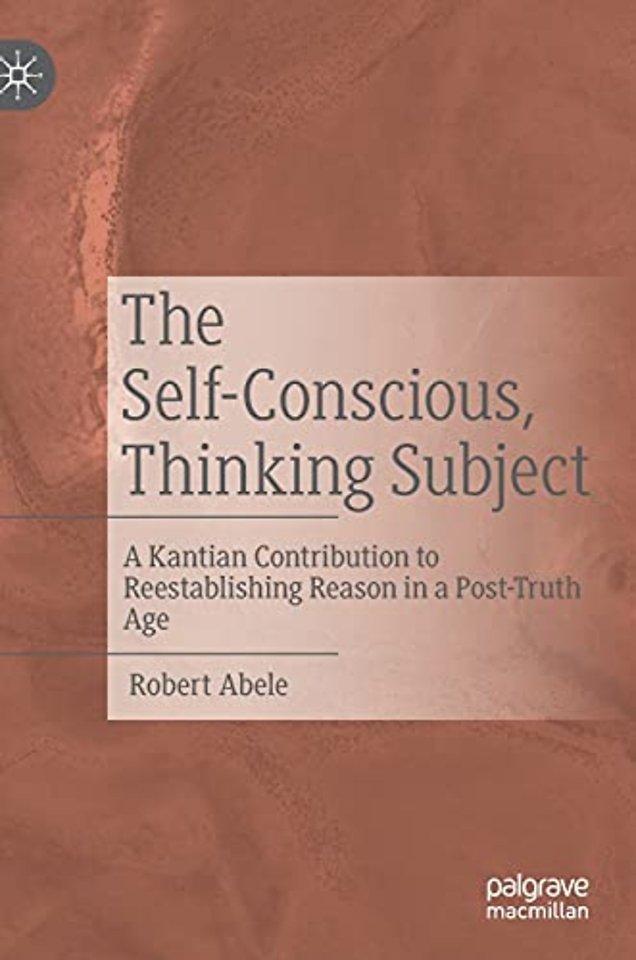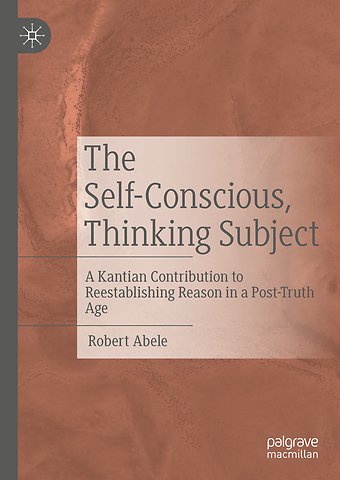The Self-Conscious, Thinking Subject
A Kantian Contribution to Reestablishing Reason in a Post-Truth Age
Samenvatting
This book argues that the primary function of human thinking in language is to make judgments, which are logical-normative connections of concepts. Robert Abele points out that this presupposes cognitive conditions that cannot be accounted for by empirical-linguistic analyses of language content or social conditions alone. Judgments rather assume both reason and a unified subject, and this requires recognition of a Kantian-type of transcendental dimension to them. Judgments are related to perception in that both are syntheses, defined as the unity of representations according to a rule/form. Perceptual syntheses are simultaneously pre-linguistic and proto-rational, and the understanding (Kant’s Verstand) makes these syntheses conceptually and thus self-consciously explicit. Abele concludes with a transcendental critique of postmodernism and what its deflationary view of ontological categories—such as the unified and reasoning subject—has done to political thinking. He presents an alternative that calls for a return to normativity and a recognition of reason, objectivity, and the universality of principles.
Specificaties
Inhoudsopgave
<p><br></p>
Net verschenen
Rubrieken
- aanbestedingsrecht
- aansprakelijkheids- en verzekeringsrecht
- accountancy
- algemeen juridisch
- arbeidsrecht
- bank- en effectenrecht
- bestuursrecht
- bouwrecht
- burgerlijk recht en procesrecht
- europees-internationaal recht
- fiscaal recht
- gezondheidsrecht
- insolventierecht
- intellectuele eigendom en ict-recht
- management
- mens en maatschappij
- milieu- en omgevingsrecht
- notarieel recht
- ondernemingsrecht
- pensioenrecht
- personen- en familierecht
- sociale zekerheidsrecht
- staatsrecht
- strafrecht en criminologie
- vastgoed- en huurrecht
- vreemdelingenrecht

